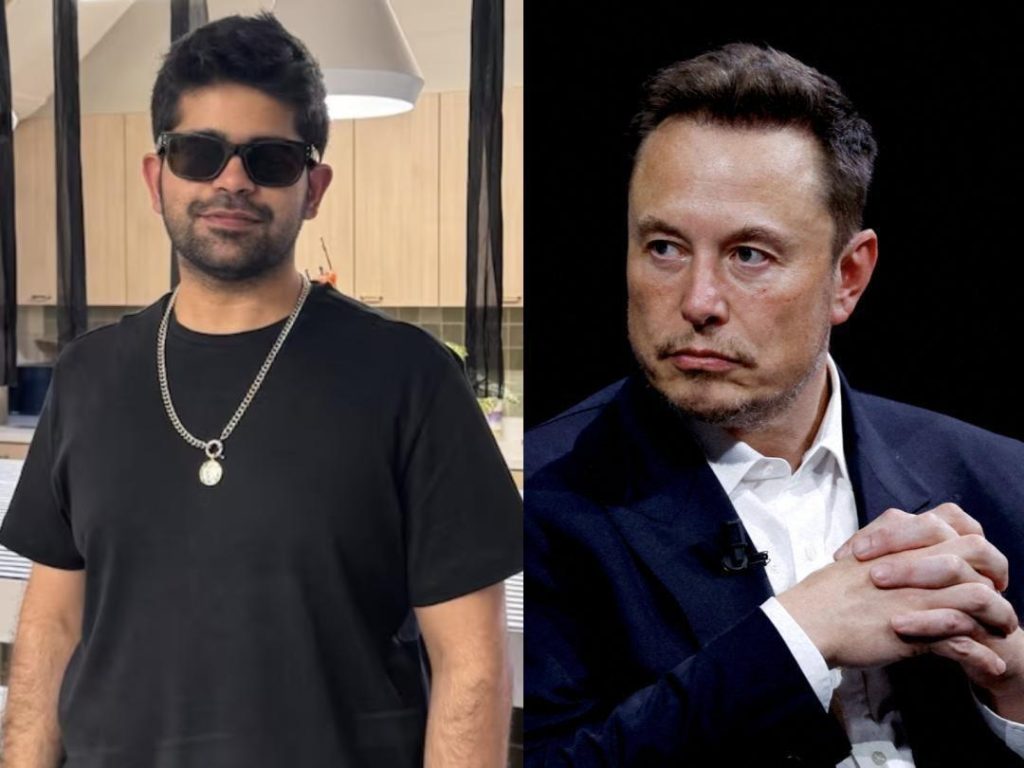
Who’s Srinivas, Indian-origin CEO who challenged Musk over USAID?
In a shocking turn of events, Aravind Srinivas, the CEO of artificial intelligence firm Perplexity AI, has challenged billionaire Elon Musk to stop him from raising $500 billion from the United States Agency for International Development (USAID). This bold move has sent shockwaves throughout the business and technology communities, leaving many wondering who this Indian-origin CEO is and what led him to take on the likes of Musk.
Who is Aravind Srinivas?
Aravind Srinivas is a highly accomplished individual with a strong academic and professional background. He is an alumnus of the Indian Institute of Technology (IIT) in Madras, where he earned his undergraduate degree in Computer Science. After completing his undergraduate studies, Srinivas moved to the University of California, Berkeley, where he earned his PhD in Computer Science.
Srinivas’ career in artificial intelligence began as a research intern at OpenAI, a leading AI research organization founded by Musk himself. He then went on to hold similar roles at Google and DeepMind, two of the most prominent AI companies in the world. His experience and expertise in AI have made him a respected figure in the industry.
Perplexity AI: The Company Behind the Challenge
Perplexity AI is a relatively new company founded by Srinivas in 2020. The company is focused on developing cutting-edge AI solutions for various industries, including healthcare, finance, and education. Despite being a relatively new company, Perplexity AI has already made significant strides in the AI landscape, with its solutions being used by some of the largest companies in the world.
The Challenge: $500 Billion from USAID
In a recent statement, Srinivas announced that he is seeking to raise $500 billion from USAID to fund his AI research and development initiatives. This is a staggering amount, equivalent to about 10% of the US federal budget. Srinivas claims that this funding will be used to develop AI solutions that can help address some of the world’s most pressing issues, including climate change, poverty, and healthcare.
However, Musk, who is known for his bold and sometimes provocative statements, has taken exception to Srinivas’ proposal. Musk has accused Srinivas of trying to “steal” funding from USAID and has threatened to stop him from raising the money.
The Rationale Behind the Challenge
So, why is Srinivas challenging Musk and seeking to raise such a massive amount of funding from USAID? According to Srinivas, the goal is to develop AI solutions that can have a significant impact on society. He believes that AI has the potential to solve some of the world’s most pressing problems, but that it requires significant funding to achieve this.
Srinivas has also accused Musk of being motivated by personal gain, rather than a genuine desire to use AI for the greater good. He claims that Musk’s own companies, including Neuralink and SpaceX, are focused on developing AI solutions that prioritize profits over people.
Reactions to the Challenge
The challenge has sparked a heated debate in the AI community, with many experts weighing in on the issue. Some have praised Srinivas for his bold move, while others have criticized him for his perceived lack of humility and willingness to challenge established figures like Musk.
Musk himself has been characteristically outspoken on the issue, taking to Twitter to express his opposition to Srinivas’ proposal. Musk has accused Srinivas of being a “fake” and has threatened to take legal action against him.
Conclusion
Aravind Srinivas, the Indian-origin CEO of Perplexity AI, has challenged billionaire Elon Musk to stop him from raising $500 billion from USAID. This bold move has sent shockwaves throughout the business and technology communities, with many experts weighing in on the issue.
While some have praised Srinivas for his vision and ambition, others have criticized him for his perceived lack of humility and willingness to challenge established figures like Musk. Regardless of the outcome, Srinivas’ challenge has sparked an important conversation about the role of AI in society and the need for significant funding to develop solutions that can have a meaningful impact.
Source:





